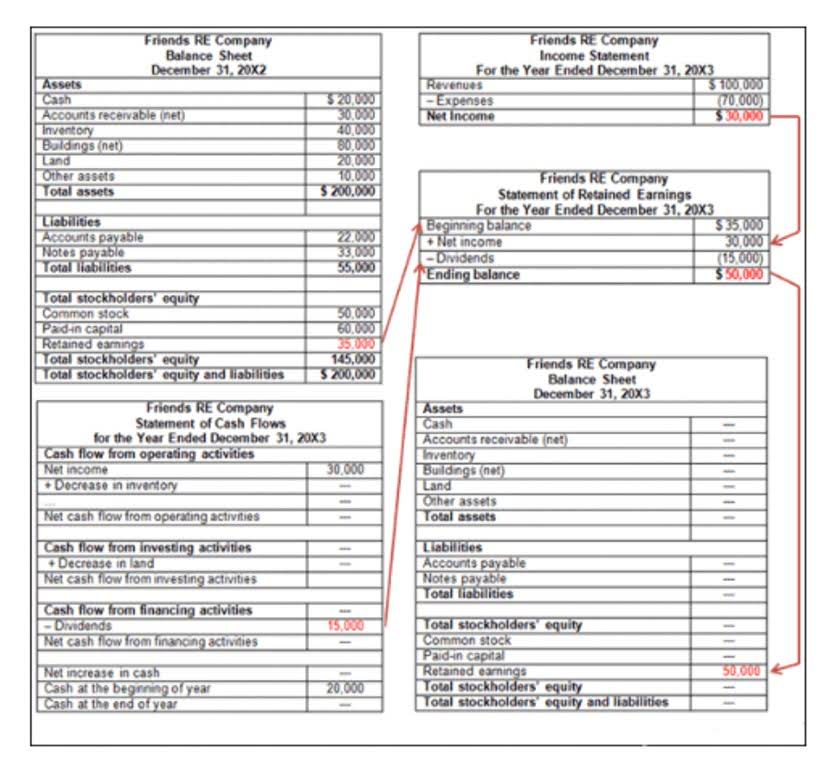
It supports a range of development languages, including Ruby, Python, PHP and Java. To integrate a payment gateway on your website, you need to follow the instructions provided by the payment gateway. The process will differ for every payment service provider payment gateway and vary based on the software platform and language used. When choosing a payment gateway, you should consider what type of service provider you want to use. Earlier, we shared an essential guide on choosing your payment gateway.

Top 20 Payment Gateway Providers
Online stores pay 0.75%, $0.20 per transaction / $20 per month. For example, you’re able to identify buyer behavior and patterns, allowing you to tweak products and services appropriately. There’s also a built-in risk management tool that sifts through data to identify and fight cases of fraud. Bitcatcha offers complimentary website consultations for anyone looking to build a website, whether beginner or experienced. We provide advice on website and app development, WordPress setup, web hosting options, and SEO strategies.

Setting up a payment gateway provider
For example, you might encounter rates like 2.9% + $0.30 per transaction. Many payment gateway providers work directly with QuickBooks popular ecommerce platforms. This can make setup easier if you use one of these platforms for your online store.
- While there are many similarities, there are also significant differences.
- A payment gateway forms the backbone of an integrated payment system that tracks all of your transactions, including for retail and online sales.
- Fondy has a solid range of features plus some nice perks, like extensive analytics functions.
- Using Dwolla, merchants can create a white-label payment service for their business.
Why you can trust Forbes Advisor Small Business
The payments we receive for those placements affects how and where advertisers’ offers appear on the site. This site does not include all companies or products available within the market. At the same time, keep an eye on those terms and conditions, as outlined in our introduction. Fees can vary wildly from one payment gateway to another, so be sure to factor this in to your costings. Processing and interchange fees can add up, so be sure to allow for these. Choosing the best payment gateway to suit your business needs largely depends on what size your company is.
Braintree Pricing
If you’re unsure how the process works, here’s a https://www.bookstime.com/articles/incremental-cost bird’s eye view of how simple it can be. Ensure that you can get in touch with them if a problem arises with your account or transaction history. The company’s biggest strength may also be a weakness for some.
- As digital payments become more prevalent, the role of issuing banks in enabling smooth, secure, and customer-friendly payment experiences remains indispensable.
- The customizable payment features enable businesses to set up automated recurring billing and ensure smooth transactions.
- There is also a $15 chargeback fee, and month-to-month contracts.
- Helcim’s interchange-plus model directly passes interchange rates to the merchant, along with a consistent margin.
- Elavon’s transparency when it comes to its security protocols is great.
- We’re regulated in all markets we operate in, with 60+ licenses and permits globally.
Whether it is online shopping, subscription services, or big corporate purchases, the need for safe, secure, and convenient payment channels has never been more pressing. Payment gateways and payment processors, two elements in this ecosystem that make transactions fast and safe, are central to it. The payment gateway is responsible for authorising the credit card transaction and ensuring that the funds are transferred from the customer’s account to the merchant’s account. Payment gateways typically charge a monthly fee as well as a per-transaction fee. Other perks include the ability to save customer payment information, process large batches of transactions at once (5,000 transactions in as little as 90 minutes), and manage inventory. You’ll pay a per transaction fee of 0.3% + $0.20 using the Payline Data gateway.

What is the best payment gateway for small businesses?
That way, you can save when customers pay with cards that have lower interchange rates. Reputable payment gateways employ encryption, tokenization, authentication and fraud detection techniques to ensure that customer’s financial data is secure and private. The majority of payment gateways will encrypt transactions, authorize them with a financial institution and feature some mechanism for fraud detection and prevention. Fondy also has prices listed only in the Great British Pound or Euro, another nod to its Euro-centric market focus. The payment gateway covers more than 200 countries, with more than 150 currencies accepted and over 300 payment methods offered. It covers the basics of payment gateway functions but doesn’t seem to offer much beyond the essentials.
- Payment gateways help businesses throughout the United States process transactions securely.
- Elavon Payment Processing is noteworthy for its additional attention to security.
- You can link your bank account or credit card to your PayPal account.
- The information is accurate as of the publish date, but always check the provider’s website for the most current information.
How to Sell Prints Online: Tips for Artists and Photographers
It captures the customer’s payment information and sends it through a system of authentication, verification, and approval (rejection) of a payment request. The best payment gateways are flexible and versatile enough to adapt to your specific business needs, whether you’re focused on POS or online sales or rely on a hybrid of both. We found Merchant One’s monthly fee to be quite high, and the pricing data wasn’t as comprehensive as we would have liked. For example, we had trouble getting details about chargeback fees (when a customer disputes a charge).
